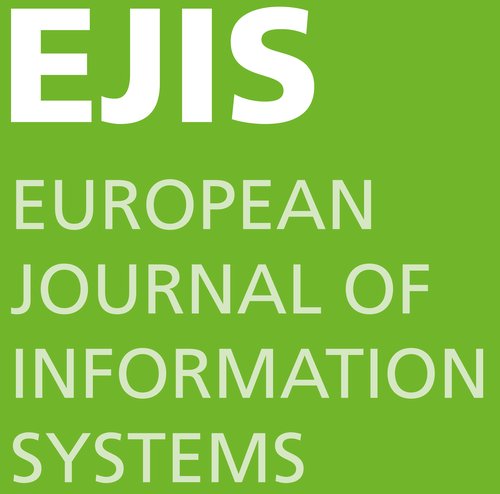- Posted Oct. 25, 2017
How to develop sensemaking support systems?
Study: Design principles for sensemaking support systems in environmental sustainability transformations
Problem:Information systems can assist organizational sensemaking, which is crucial as organizations seek to improve their processes. In making sense, people collaboratively frame and label problems and situations through communication, and they do so to understand the past and to prepare for the future. But how can organizations implement systems that support organizational sensemaking?
How it was studied:The proposed principles are based on a study on developing sensemaking support systems that support environmental sustainability transformations. These design principles were initially inspired by theories and then revised through three rounds of developing, demonstrating, and evaluating a prototypical implementation – the method widely known as design science research. The prototype was implemented at a University and used by students, teachers, and administrative staffs in their sustainability transformation initiatives. The research team observed their engagement on the system and analyzed the contents of their discussion. After a certain period of use, experiences and opinions where gathered throughfocus group sessions. These steps were repeated three times, each time resulted in refinement and revision of a set of design principles. The above recommendations are generalizations from these design principles.
Take away:Based on a study of how a sensemaking-support system was developed to enable an organization to improve the environmental sustainability of their processes, the following generalized recommendations can be made for developing sensmaking suppport systems:
- Provide novel information in the form of facts, observations or general behavior, so that the system affords users to experience disruptive ambiguity and surprise.
- Provide functions of storing and simple and unambiguous categorization of ideas, so that the system affords noticing and bracketing (i.e., describing the problem or situation) to users.
- Provide features for interactive communication, so that the system affords users to engage in an open and inclusive discussion.
- Provide users with an overview of all other users along with features for direct communication between users, so that the system affords users to engage in an open and inclusive discussion.
- Provide features for categorization of potential actions so that the system affords action planning.
- Provide features for dedicated feedback about the implementation and consequences of the implementation of actions.
A sensemaking support systems with these features can, for instance, be implemented through a web-based, interactive platforms.
Publication Details
- Authors:Stefan Seidel
- Leona Chandra Kruse
- Nadine Székely
- Michael Gau
- Daniel Stieger
- Categories: Information Systems
- Link: https://www.tandf...
European Journal of Information Systems

- Year: 2017
- Volume: 27
- Issue: 2
- Pages: 221-247





